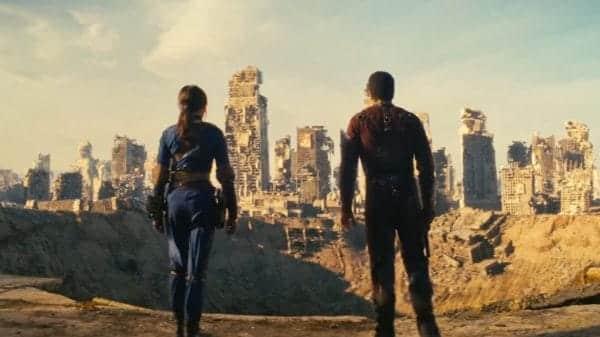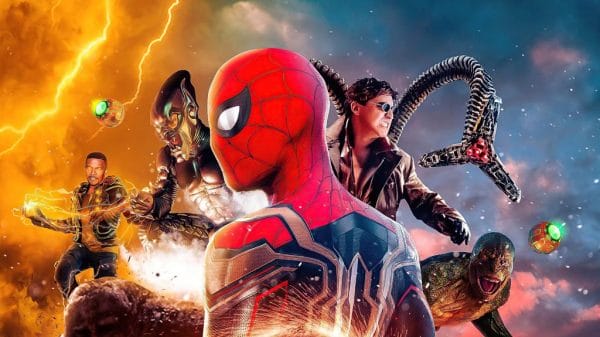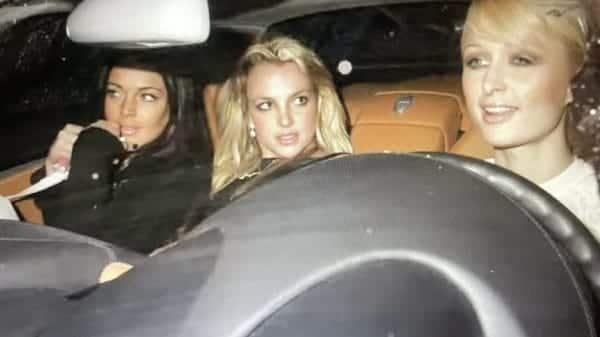What do the hit TV series The Last of Us, The Mandalorian, and The Witcher have in common? All of these shows have a father figure as a protagonist, and two-thirds are played by Pedro Pascal. In short, they all feature a strong male lead who does not have children and then “adopts” one along the way. So, why has this character archetype become so popular in our media?
Pedro Pascal in The Last of Us
In HBO’s The Last of Us, Pedro Pascal plays a jaded, rugged, tired lead character named Joel. After the death of his daughter, shown in episode 1, Joel fights for survival in a zombie-infested world on his own for 20 years until he meets Ellie.
Joel initially agrees to travel with Ellie to complete a job for payment and remains emotionally distant from her since she reminds him of his deceased daughter. However, in true 2023 form, Joel’s and Ellie’s relationship turns into a father-daughter kind of connection which develops throughout the story.
The first season of The Last of Us, based on the well-loved video game, was a massive success for HBO based on the number of viewers the show amassed. According to Variety,
“The Last of Us closed its first season with yet another triumph. With an audience of 8.2 million people for episode 9, the series broke its own viewership record.”
Pedro Pascal in The Mandalorian
Pedro Pascal also plays the protagonist in The Mandalorian. Most people are familiar with “Baby Yoda” or Grogu, the Mandalorian’s “adopted” child. In season 1, the Mandalorian rescues Grogu and spends the following seasons protecting and nurturing him and taking him along on many dangerous adventures.
?????
— Grogu (@MiniMandolorian) April 10, 2023
Interests: Food, food, naps, adventures, Dad and Food.
????????????
????.
Don’t call me, Baby Yoda.#Roleplay. pic.twitter.com/qsWKA7tl7T
Like HBO’s The Last of Us, The Mandalorian has been wildly popular since season 1. In fact, according to Miguel Fernandez’s article, this show is undeniably Disney+’s most streamed series. He writes,
“Dividing the 5.42 billion minutes that viewers spent watching The Mandalorian by the 324 minutes that The Mandalorian season 1 ran for, we get that 16.73 million people streamed all of season 1. This amounts to 63% of all Disney Plus subscribers at the time.”
Although these series differ significantly from each other, both have been wildly successful and feature Pascal as a main character and father figure. Kendall Myers writes,
“The Last of Us’s Joel and The Mandalorian’s Din Djarin find themselves protecting a uniquely important child as he drags them through dangerous circumstances. Through these characters, Pascal seems to be the go-to actor to play a reluctant dad. Yet despite their initial hesitation, Joel and Din alike become great fathers to their young charges.”
Henry Cavill in The Witcher
Likewise, Henry Cavill plays a similar father figure in Netflix’s The Witcher. In this series, Geralt of Rivia reluctantly protects the young princess Ciri. But, according to the story, destiny unites this unlikely pair, creating a father-daughter-like bond between them. Similar to The Last of Us and The Mandalorian, The Witcher has also been enormously successful. Monica Marie Zorrilla writes,
“The second season of the fantasy epic, which blends the genres of horror, action, romance, drama, and occasionally comedy, has joined the streamers’ most-viewed TV shows of all time list, amassing 462.5 million hours of view-time.”
Why Are These Shows So Succesful?
As seen through these three series, the theme of fatherhood is extremely prevalent. This theme may not solely contribute to the success of these stories, but the thematic consistency is undeniable. In the past, fathers on TV were often presented in negative ways. For example, in 90’s sitcoms, they usually played the traditional breadwinner role and were primarily uninvolved in their children’s social and emotional development.
However, in recent years, a shift has occurred where fathers in the media are presented as more nurturing and vital to the lives of the children they parent. Many are also presented as single fathers, which is drastically different than TV sitcoms of the past which typically feature a traditional nuclear family.
This shift in presentation is positive because it highlights the importance of a father’s emotional involvement and impact on their child. Since our stories and media often mirror culture, perhaps our society’s obsession originates from a longing for nurturing, protective, and adventurous fathers. And in the end, The Last of Us, The Mandalorian, and The Witcher satisfy that desire in viewers.














